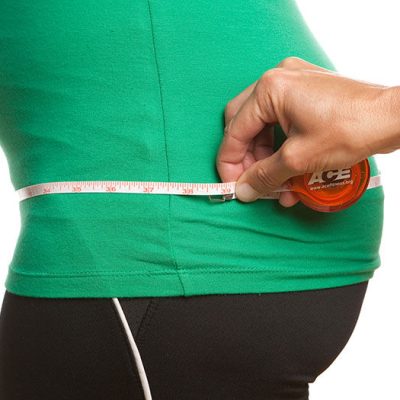Muscle tightness is a common yet often misunderstood issue that many face, whether from intensive exercise, prolonged inactivity, or even stress. It manifests as a sensation of stiffness or discomfort in the muscles, which can hinder mobility and daily activities. According to recent statistics, nearly 70% of adults experience some form of muscle tightness or discomfort during their lifetime, primarily affecting the back and neck. It is essential to understand the causes and remedies to effectively alleviate this condition. Exploring strategies such as stretching, hydration, and proper warm-ups can potentially enhance muscle flexibility and overall well-being. If you’re looking to delve deeper into effective treatments for muscle tightness, the [Cleveland Clinic provides valuable insights](https://my.clevelandclinic.org/health/symptoms/25147-muscle-stiffness) on managing this issue, helping to enhance your comfort and mobility.
Understanding Muscle Tightness and Its Causes
Muscle tightness can occur for various reasons, including excessive exercise, insufficient warm-ups, or even specific health conditions. Prolonged sitting or poor posture is another major contributor. When muscles are tense, they can limit blood flow, leading to discomfort and pain. Understanding the root causes is crucial for preventing muscle tightness. For example, dehydration can lead to muscle cramping, which is often misinterpreted as tightness. Moreover, muscle tightness can also result from overexertion during workouts. The [Healthline website](https://www.healthline.com/health/muscle-stiffness) elaborates on various underlying conditions that could lead to muscle stiffness, ensuring that readers can recognize when they might need medical assistance.
Effective Strategies to Alleviate Muscle Tightness
To combat muscle tightness, incorporating regular stretching and warm-up exercises is essential. Stretching helps in lengthening the muscles, improving flexibility, and reducing the chances of injury. Techniques such as yoga or Pilates can also be beneficial, as they focus on controlled movements and muscle relaxation. Proper hydration is equally important; ensure to drink adequate water throughout the day to keep muscles functioning optimally. Additionally, consider integrating foam rolling as a self-massage technique, which can relieve tension in targeted areas. This method can also promote blood flow and aid in muscle recovery. You can read more on comprehensive approaches in muscle recovery by checking the article on [Medical News Today](https://www.medicalnewstoday.com/articles/320545).
📊 Key Strategies for Muscle Care
- Stretch Regularly: Improves muscle flexibility
- Stay Hydrated: Prevents cramping and tightness
- Warm-Up Properly: Reduces risk of injuries
Recognizing When to Seek Help
Sometimes, muscle tightness can stem from more serious underlying health conditions, such as fibromyalgia or myofascial pain syndrome. If muscle tightness persists despite self-care measures, or if it is accompanied by severe pain or discomfort, it’s crucial to consult a healthcare professional. They can provide a thorough assessment and recommend appropriate treatments, which may include physical therapy or medication. This proactive approach can prevent long-term complications and improve quality of life.
Key Takeaways and Final Thoughts
In summary, addressing muscle tightness is vital for maintaining physical health and mobility. By understanding the underlying causes and implementing effective strategies such as stretching, hydration, and seeking professional guidance when necessary, you can significantly minimize discomfort and enhance your overall well-being. For further valuable insights, visit the informative piece offered by [Johns Hopkins Medicine on Stiff Person Syndrome](https://www.hopkinsmedicine.org/health/conditions-and-diseases/stiff-person-syndrome-sps), which provides essential context regarding muscle conditions.
❓ Frequently Asked Questions
What causes muscle tightness?
Muscle tightness can be caused by factors such as dehydration, overuse, poor posture, and stress, impacting mobility and comfort. Maintaining proper hydration and regular stretching can help alleviate these issues.
When should I see a doctor?
Consult a healthcare professional if muscle tightness persists despite self-care or if it is associated with severe pain or discomfort, as it may indicate a more serious underlying issue.
To deepen this topic, check our detailed analyses on Fitness Exercise section







